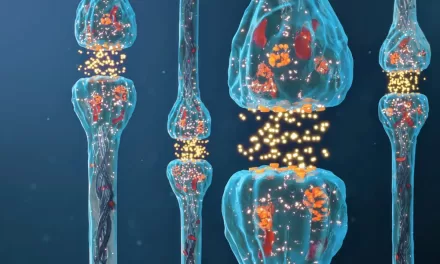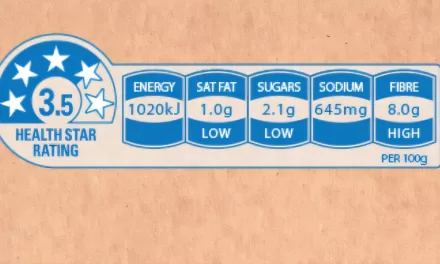A groundbreaking study conducted by the University of Maryland School of Medicine reveals that individuals living in rural areas are at a significantly higher risk of suffering from diabetes-related complications compared to their urban and suburban counterparts. Published in Diabetes Care, the research sheds light on the health disparities faced by rural communities, urging action to address these concerns.
The study analyzed health insurance data spanning a decade and covering nearly 3 million American adults diagnosed with diabetes. The results are striking: rural residents are 10% more likely to experience a heart attack, 5% more likely to face heart failure, and nearly 4% more likely to develop end-stage kidney disease when compared to individuals residing in more densely populated areas.
Of particular concern, individuals in rural regions showed a 15% higher risk of experiencing dangerously low blood sugar levels, which is often indicative of poor diabetes management. The data further revealed that while 14% of participants lived in small towns, a staggering 83% were based in urban areas, and just 3% were located in remote rural zones with populations of fewer than 2,500 people.
Interestingly, the study also noted that while rural residents may face fewer diagnoses for certain complications, this does not necessarily correlate with better health outcomes. The lower diagnosis rates may reflect a lack of healthcare access or medical awareness, and the actual complications may still be more prevalent in these communities.
Experts are calling for urgent improvements in rural healthcare infrastructure. A particular area of focus is the availability of physicians, medical facilities, and hospital resources. In response, the University of Maryland is spearheading an innovative initiative to deploy medical students to the state’s rural Eastern Shore to bridge the healthcare gap.
This study highlights the critical need for targeted efforts to improve the management and prevention of diabetes complications in rural areas, where healthcare access and resources remain a persistent challenge.












